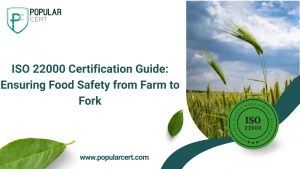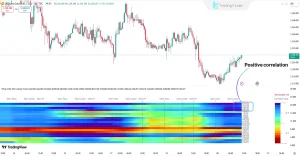
The concept of the commodity market is based on the principle that different participants can interact with each other through a common medium. These participants play a vital role in setting prices for various commodities. In this article, we will look at the role of different types of participants. Each of them plays a unique role in the commodity market. So how do these players interact? How can you use this knowledge to your advantage? Let’s look at some of the most important players in the market.
While most commodities have trading customs, only a few of them enjoy a liquid market. Generally speaking, liquid markets occur when there are a large number of prospective purchasers and producers. Liquidity in these markets increases over time, and the more elements there are to a commodity, the easier it is to trade it. The elements of a commodity’s trading market include its quantity, quality, and delivery details. These elements can be different for each commodity, and not every commodity has all of them.
There are many ways to measure commodity markets. Using transportation data, you can get a fairly good idea of how much goods were traded. From there, you can use the same methods to estimate international trade. If you have a standard amount of a commodity, you can simply sum up the trade between two countries. A liquid market is ideal for establishing prices for a variety of products. In this way, you can see how much money you’re spending in a commodity and where your money goes.
Aside from the trading of raw materials, the commodity market also involves the purchase of derivatives based on those commodities. These contracts use the physical commodity as an underlying. Different types of traders use the commodities market for different purposes. One of these ways is to purchase shares in commodity companies. This way, you can diversify your portfolio. Then, you can use it to make money on the commodities you’re buying. There are a variety of options available and each type of commodity has its own unique set of requirements.
The market for commodities can be volatile. Oil prices, for example, are affected by events in the world, such as the oil crisis in Iraq. Crude oil prices, which are often tied to the overall health of the economy, will rise as a result. If economies are expanding, global consumption will rise, while those economies are contracting, the demand for commodities will fall. However, when oil prices drop, it will only be a matter of time before they reach new lows.
While commodities are volatile, they also serve as a portfolio manager, managing both volatility and potential upside. Their low correlation to traditional asset classes make them a good diversifier in any economy. They are also a good way to hedge against inflation, as their prices tend to move in opposition to those of other assets. However, investors need to understand the market before they invest in commodities. Investing in the futures market, ETFs, and individual commodity-linked stocks can help you diversify your portfolio.







